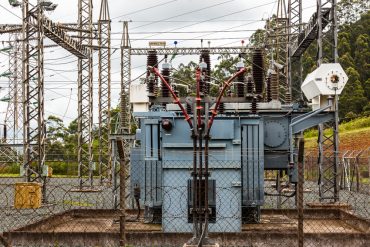
Quantum computing startup Quantinuum has announced a collaboration with UCL and BBC to use natural language processing to search BBC archives.
A collaboration between integrated quantum computing company Quantinuum, the University College London (UCL) and the British Broadcasting Corporation aims to explore the application of quantum natural language processing for content discovery and archive retrieval, utilizing the BBC’s large database of content collected over the past 100 years of television and radio.
The consortium has received initial funding from the Royal Academy of Engineering and will build on a collaborative effort between professors at Quantinuum and UCL Computer Science team, which has been in effect for 15 years.
See Also: Natural Language Market To Surpass $40 Billion By 2025
“Developing quantum computing so that the broadest and most diverse populations can benefit, means looking across the timing spectrum at applications that can be made productive in the short, medium and long term,” said Ilyas Khan, founder of Cambridge Quantum Computing and CEO of Quantinuum. “As part of our long-term work, we anticipate that true language processing will become important with fault tolerant quantum processors, and our work with the BBC and UCL is a very significant step towards being prepared to take advantage of quantum computers when they become available at scale. Quantinuum is a leader in the fields in which it operates, and this leadership is built on deeply meaningful collaborations such as this.”
See also: Quantum Computing Acceleration of AI in Pharma on the Rise
The BBC has one of the largest and most diverse broadcast archives in the world, with over 15 million items spanning audio, film, and text documents, alongside merchandise, artifacts, and historic equipment. Deploying quantum natural language processing to this archive could open up new areas of discovery and content creation for the BBC.





























